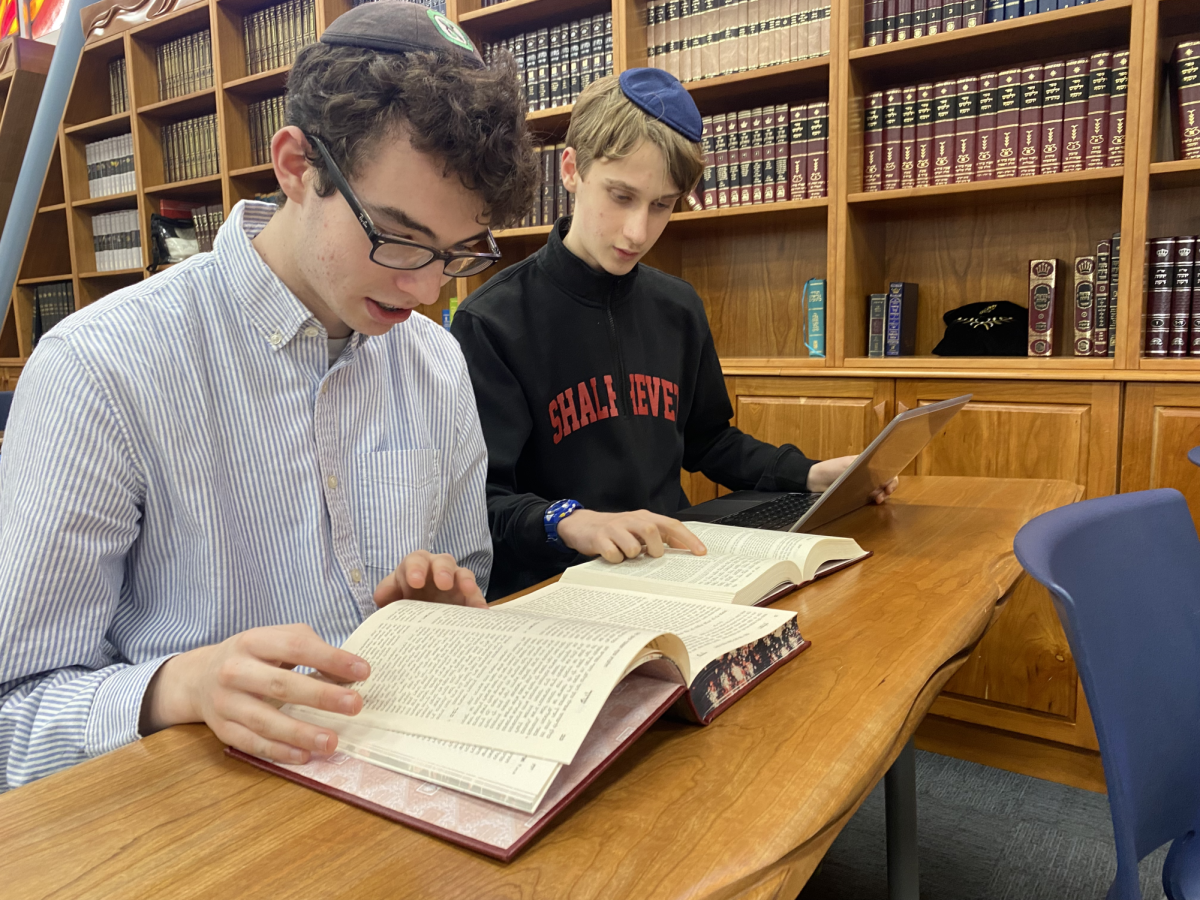In Parshas Balak, we see Bilaam initially team up with Balak in order to oppose Bnei Yisrael and curse them. Bnei Yisrael became a threat after they demolished the Emori at the end of Parshas Chukas, causing fear and hatred to spread, starting from the tribe of Moav. Balak’s fear grew and he sent messengers to Bilaam requesting him to come and use his powers to curse Bnei Yisrael. Although Hashem instructed Bilaam not to go and curse His nation, Balak bribed him with silver and gold in order to lure him on his side. After receiving an unclear message from Hashem, Bilaam elected to join Balak and his people.
The passuk (Bamidbar 22:21) states that Bilaam got up early in the morning and saddled his own donkey (on his way to meet Balak). We see a similar story in (Bereishit 22:3) that Avraham arose early in the morning, Rashi explains he arose early ‘nizdarez l’mitzvah’, he was eager to do a mitzvah although it was to sacrifice his own son, Yitzchak! The passuk continues to say that he saddled his donkey by himself and Rashi and Gemara Sanhedrin 105B writes that Avraham’s servants didn’t saddle his donkey because ‘Ahava mekalkelet hashura’, that strong love for something, in this case fulfilling Hashem’s commandments, disrupts the norm and how one generally approaches an everyday situation.
In contrast to Avraham, Gemara Sanhedrin 105B and Rashi explain Bilaam’s eagerness to get up early in the morning. Now we see how Avraham and Bilaam are polar opposites because in this case, Bilaam jumps out of bed in the morning to go curse the Jewish nation! Sanhedrin and Rashi say that he saddled his own she-donkey because ‘sin’ah mekalkelet hashura’, strong hatred, Bilaam’s hatred of Bnei Yisrael, disrupts the norm and the normal way of going about everyday life.
It is evident that Bilaam respects Hashem as he initially rejects Balak’s proposal (22:13) clarifying that Hashem instructed him not to join Balak. As mentioned, we see how strong Bilaam’s hatred is towards Bnei Yisrael and sided with Balak. Even afterwards, Bilaam blesses Bnei Yisrael three times! Why did he suddenly turn somewhat good? What pushed him to bless Bnei Yisrael? What can Avraham teach us from his commitment to serving Hashem?
The next line in Sanhedrin 105B write after discussing Bilaam’s and Avraham’s respective strong emotions states the following:
‘A man is immersed in Torah and doing mitzvot (everyday), even if they do it for the wrong reasons and without doing the mitzvah for the purpose of fulfilling a mitzvah. From doing a mitzvah not for the sake of performing the mitzvah comes the desire and proper intentions in the future to do the mitzvot for the correct reasons and for the purpose of doing the mitzvot.’
This piece of gemara, which directly follows the strong love and hatred displayed by Avraham and Bilaam (respectively), comes to explain Bilaam’s actions. Bilaam was bribed by Balak and his messengers which motivated him stronger to disregard Hashem’s instructions and to let his hatred disrupt his normal way of acting. We learn from this gemara that Bilaam didn’t like Bnei Yisrael anyway and his motivation to accompany Balak was his material gain and to use similar logic, Bilaam was persuaded by bribery to oppose Bnei Yisrael and curse them but eventually blessed them and did the right thing in not joining Balak and fearing Hashem.
Using this quote from Sanhedrin, we can learn that Avraham always had the right intentions. HE was willing to sacrifice his own son because Hashem commanded him to. Avraham was motivated that he got up early, saddled his donkey, and went to serve Hashem in an intense, difficult manner. Although he may not have wanted to sacrifice his son, which is unimaginable for a parent to do, if perhaps Avraham’s didn’t want to sacrifice Yitzchak, then just like this gemara states, his desire to do more mitzvot grew.
This gemara and lesson about comparing and contrasting Bilaam and Avraham teach us that no matter what circumstance we are in, we must execute and fulfill mitzovt because even if we don’t want to, we eventually will do mitzvot and learn Torah for the right reasons and with positive intentions. Bilaam questionably did a good deed by blessing Bnei Yisrael but had a few changes of heart throughout his internal battle of joining Balak or listening to Hashem. We can learn from him about hesitating before doing bad deeds and to realize what situation lies ahead of you. Just like Nike® says, just do it; do the mitzvah. Avraham clearly exhibited his commitment to fulfilling Hashem’s commandments.
We must learn from these instances in the Torah to always maintain belief and constantly stay in touch with our practice and continuously do chesed and mitzvot whether we want to or not and to try to capitalize on every instance we can possibly do a mitzvah because as we learn here, it is the right thing to do and we will eventually want to perform the mitzvot. Also to reconnect an earlier point, we must not let our hatred drive us from the norm and to let it go because it will lead us to doing mitzvot and serving Hashem ‘lishma,’ for the sake of doing a mitzvah.
Good Shabbos







